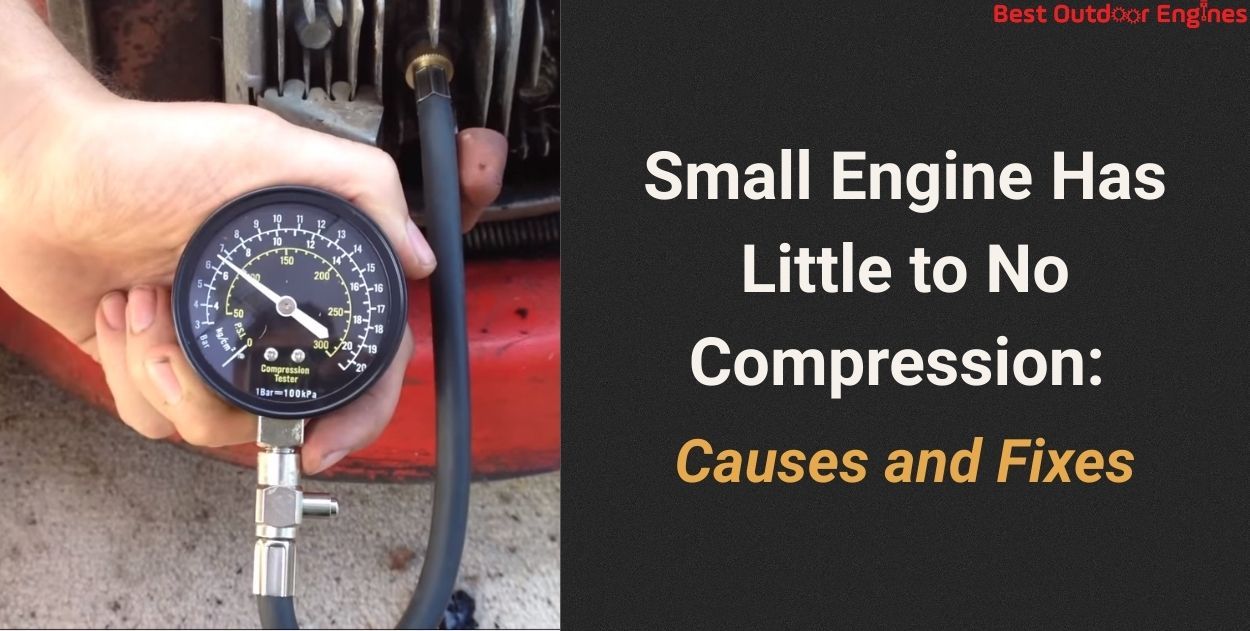How Carburetor Cleaning Oil Works: Knowing the basics
Discover the inner workings of carburetor cleaning oil and its transformative impact on engines. Dive into the process of deposit breakdown, fuel efficiency enhancement, and restored engine power for smoother rides.

Importance of Carburetor Maintenance
Carburetors, those intricate components that blend fuel and air for internal combustion engines, play a pivotal role in the smooth operation of vehicles. You might have experienced engine troubles due to a dirty carburetor – sluggish acceleration, reduced fuel efficiency, and even engine stalling. Fortunately, the solution lies in the wonders of carburetor cleaning oil, a specially formulated product designed to restore your carburetor's efficiency and your engine's performance.
A well-maintained carburetor ensures optimal fuel-air mixture, which directly impacts engine power and fuel consumption. When deposits accumulate within the carburetor, they disrupt this delicate balance, leading to a host of problems. Dirty carburetors often result in irregular idling, increased exhaust emissions, and compromised throttle response.
Carburetor deposits come in two main types: varnish and carbon buildup. Varnish forms due to the oxidation of fuel and its additives, while carbon buildup is a result of incomplete combustion. These deposits coat critical surfaces within the carburetor, such as the throttle plates and jets, impeding the smooth flow of air and fuel.
Enter carburetor cleaning oil – a specialized solution designed to dissolve and remove deposits that accumulate in carburetors. Unlike regular engine oil or fuel additives, cleaning oil is engineered with potent detergents and solvents that specifically target stubborn varnish and carbon buildup. This ensures a thorough cleansing of the carburetor's internal components. If you want to know what’s a good carburetor cleaning oil, we suggest checking it here

The magic of cleaning oil lies in its formulation. It contains powerful detergents that break down varnish and carbon deposits on contact. Additionally, its solvents effectively dissolve these deposits, allowing them to be flushed out of the carburetor. This dual-action approach restores the carburetor's original efficiency and airflow, resulting in improved combustion and engine performance.
Step-by-Step Application Process
Using carburetor cleaning oil is a straightforward process. Here’s how you can do it:
- Step 1: Begin by identifying the air intake on the carburetor.
- Step 2: With the engine off, remove the air filter and spray the cleaning oil directly into the carburetor throat.
- Step 3: Allow it to penetrate the deposits for a few minutes.
- Step 4: Finally, start the engine and rev it a few times to help dislodge and expel the dissolved deposits.
Benefits of Regular Carburetor Cleaning
Regular use of carburetor cleaning oil offers a multitude of benefits. Improved fuel efficiency, restored engine power, and smoother idling are just the tip of the iceberg. By maintaining a clean carburetor, you also reduce the risk of engine knocking and reduce harmful emissions, contributing to a greener environment.
If you want to do this, then look for products with proven effectiveness in dissolving deposits without causing harm to the carburetor or engine components. Reading the product label and following manufacturer instructions is crucial for optimal results.
In the realm of engine maintenance, it's not uncommon to encounter misconceptions that can cloud our understanding of effective solutions. One prevailing notion is the fear that frequent use of cleaning oil can harm the carburetor. However, it's essential to debunk this misconception and shed light on the truth. Cleaning oils are purposefully formulated to interact with the carburetor's internal components, ensuring their thorough cleansing without causing any harm when used as directed. In this case, it's important to recognize that cleaning oils are engineered with precision to offer a safe and efficient solution for maintaining carburetors.
Furthermore, it's vital to dispel the notion that cleaning oils are a superfluous addition to your engine maintenance routine. In reality, these products are not only effective but also superior to relying solely on traditional cleaning methods.
Cleaning oils align perfectly with this ethos, providing a faster and more efficient means of cleansing carburetors. Traditional methods might involve disassembling components, soaking them, and painstakingly scrubbing away deposits. Not only is this labor-intensive, but it may also miss certain areas affected by deposits. In contrast, cleaning oils offer a comprehensive cleanse without the need for intricate disassembly, saving valuable time and effort.
Carburetor cleaning oil is the modern solution to an age-old problem. It revitalizes carburetors by dissolving stubborn deposits, restoring engine efficiency, and preventing performance-related issues. Regular use of cleaning oil can extend the lifespan of your engine and keep it running smoothly for years to come.
1. Is carburetor cleaning oil safe for all types of carburetors?
Yes, cleaning oil is formulated to be safe for a wide range of carburetors. It is designed to effectively dissolve deposits without causing harm to sensitive components.
2. How often should I use carburetor cleaning oil?
It's recommended to use cleaning oil every 3,000 to 5,000 miles or as needed. Regular use helps maintain optimal carburetor performance.
3. Can cleaning oil fix severe engine performance issues?
While cleaning oil can improve engine performance affected by deposits, it might not fix mechanical issues. Consult a mechanic if your engine problems are persistent.
4. Can I use cleaning oil as a preventive measure?
Absolutely, using cleaning oil preventively can help keep deposits from building up. It's a proactive way to ensure consistent engine performance.






.jpg)
.jpg)










